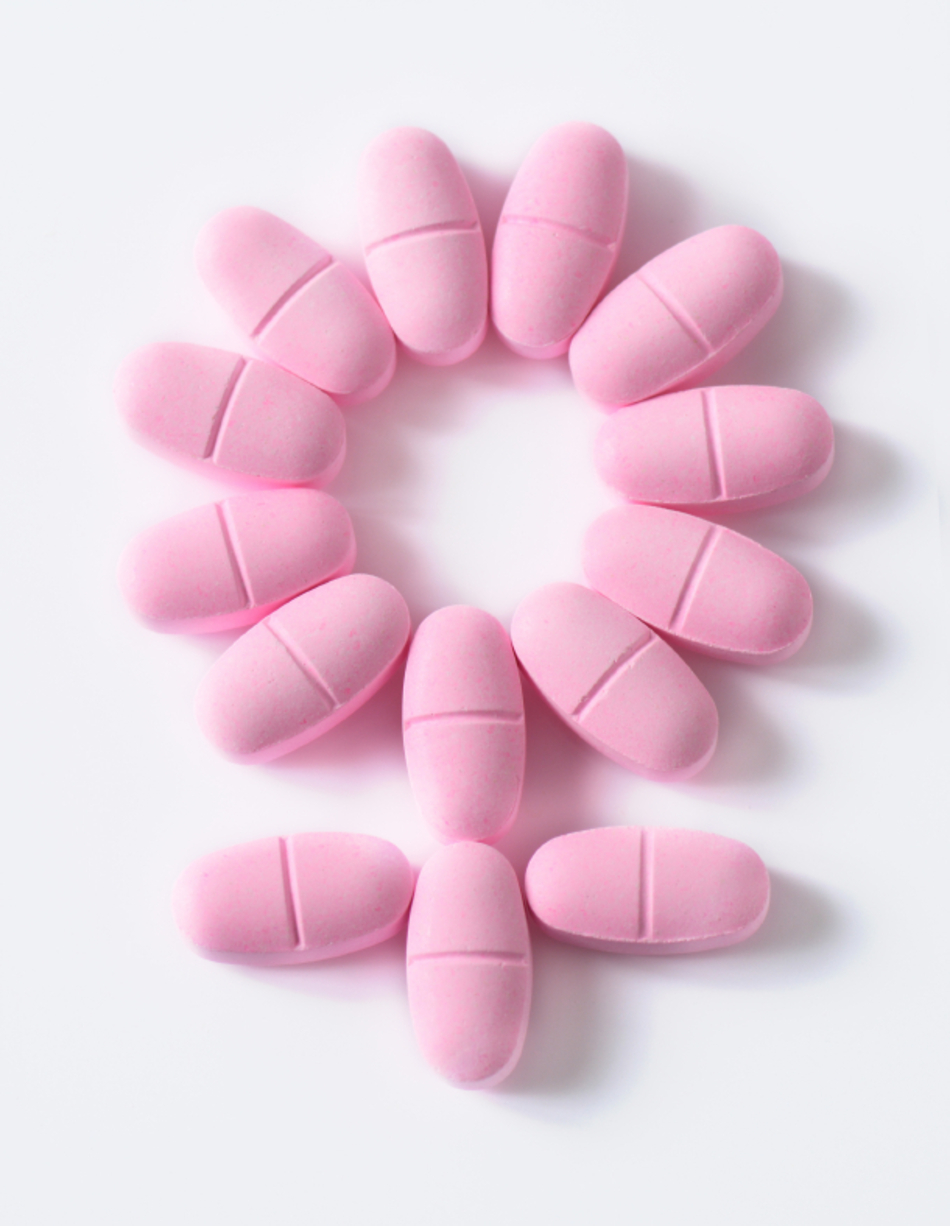Episode Transcript
Dr. Kirtly Parker Jones: Taking estrogen after menopause. Does it solve all the problems of postmenopausal women? Or does it poison you and give you cancer? For the past 60 years women have been hearing both of these points of view. So what do we know today? I'm Dr. Kirtly Parker Jones, professor of OB/GYN at University of Utah Health Care, and this is The Scope.
Announcer: Medical news and research from University of Utah physicians and specialists you can use for a happier and healthier life. You're listening to The Scope.
Dr. Kirtly Parker Jones: In the 1950s and '60s, women were told that postmenopausal estrogen would make them feminine forever. In the '70s they were told it would give them uterine cancer. In the '80s and '90s we were told that it would keep our hearts healthy, our bones strong and help our hot flashes and sex lives. But we needed to add another hormone, progestin, if we had a uterus, to protect us against uterine cancer. In 2000 we were told that it would increase the risk of heart disease, breast cancer, blood clots and strokes, so we shouldn't take it, or at least for just a short time.
This pill is good, this pill is bad, this pill is just right; Goldilocks does menopause. Put on your thinking cap and get ready to do the numbers.
One, since 1976 almost 250,000, that's a big number, a quarter of a million, nurses have been recruited into the nurses health study, to follow women as they age and see what contributes to health and what to illness. Hormone replacement was associated with a healthier heart, better bones, less colon cancer, more blood clots and more breast cancer. Women starting hormones by choice were in their early 50s. In the women who elected to take estrogen there was 1 fewer heart attacks per 1000 women per year, 1 fewer bone fractures, 1 fewer colon cancers, there was 1 more breast cancer per 1000 women per year and 1 more blood clot per 1000 women per year.
In the mid '90s about 10,000 women, a big number, who were mostly healthy and on average 62 years of age, were randomized taking estrogen and progestins every day and they didn't know what they were taking, nor did their doctors, or placebo. They were followed for about 5 years. The results were the same except there was 1 more heart disease per 1000 per year in the hormone group, instead of 1 less. But the women were older. And there were no extra deaths in women who took estrogen or who didn't.
So what is Goldilocks to do? If Goldilocks is having trouble with some hot flashes, night sweats or vaginal dryness and she doesn't have a contraindication to estrogens, like breast cancer or blood clots, she should do what makes her feel better. Estrogens and progestins to protect the uterus is associated with 3 to 4 more bad things per 1000 women per year, and 3 to 4 more good things per 1000 women per year, so it comes out about equal. And for women with estrogen related symptoms, their quality of life is a lot better. But estrogens after menopause will not make Goldilocks thinner, or fatter, or more likely to look like Suzanne Somers, who's had a lot of help, will not solve global warming or congressional bad behavior, but she will feel better and be able to sleep well and think more clearly about these problems.
This is Dr. Kirtly Jones and thanks for joining us on The Scope.
Announcer: We're your daily dose of science, conversation, medicine. This is The Scope, University of Utah Health Sciences Radio.
